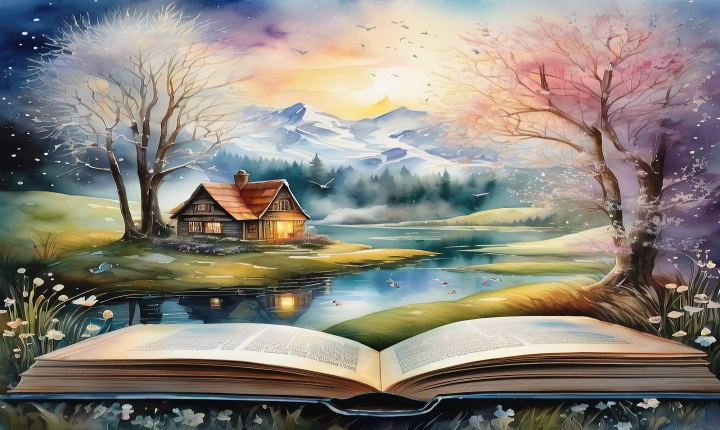Artificial intelligence has been the subject of both fascination and fear, with concerns about its potential to be used for evil purposes. Many have questioned whether AI can produce art that is inherently malicious or negatively impactful. The debate about the morality of AI-generated art raises complex ethical, philosophical, and creative considerations.
It is essential to acknowledge that AI itself is not inherently good or evil. AI is a tool, a product of human ingenuity and creativity. Its moral character is ultimately determined by the intentions and actions of its creators and users. This includes the algorithms, data, and objectives that govern its artistic output.
AI-generated art has sparked controversy due to concerns that it may lack the depth, empathy, and emotional sensitivity traditionally associated with human-created art. Critics argue that AI art lacks the authentic human experience and the capacity for moral and ethical reflection. They raise concerns that AI art may perpetuate harmful stereotypes, normalize violence, or reinforce negative cultural biases.
Furthermore, the use of AI in art creation has raised questions about authorship and originality. Can an AI program be considered a true artist, or is it merely a sophisticated tool in the hands of its human creators? Additionally, the potential for AI-generated art to be used for propaganda, misinformation, or manipulation has raised red flags in the context of social and political discourse.
On the other hand, proponents of AI art argue that it offers new possibilities for creative expression and innovation. AI can analyze vast amounts of data, generate complex patterns, and create art that pushes the boundaries of human imagination. It can also assist artists in generating ideas, exploring new aesthetic territories, and expanding the artistic process. Supporters see AI-generated art as a way to democratize creativity and offer fresh perspectives that challenge traditional notions of art.
From a philosophical standpoint, the moral implications of AI art raise fundamental questions about the nature of creativity, consciousness, and the human condition. Does the absence of a human creator diminish the value of the art? Can AI truly understand the cultural and ethical significance of its creations? These questions bring to the forefront the interaction between technology and human values, as well as the ethical responsibilities of AI creators and users.
Ultimately, the debate about the morality of AI art reflects broader concerns about the ethical impact of technology on society. As AI continues to advance, it becomes increasingly important to consider the potential consequences of using AI in creative pursuits. This includes addressing issues of bias, accountability, and the impact of AI-generated art on individuals and communities.
The question of whether AI art is inherently evil is multifaceted and does not lend itself to a simple answer. It requires careful consideration of the intentions behind AI art, its potential impact on society, and the ethical framework within which it operates. As AI technology continues to evolve, the discourse surrounding AI art will undoubtedly remain an important topic for ethical reflection and critical examination.
